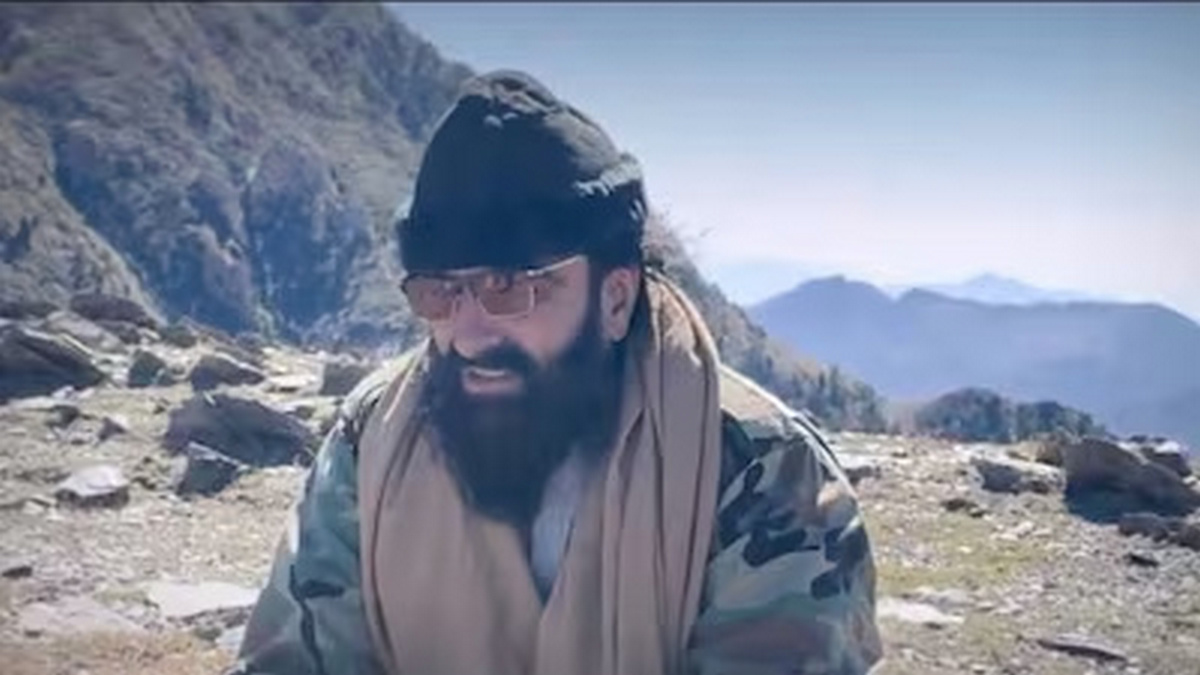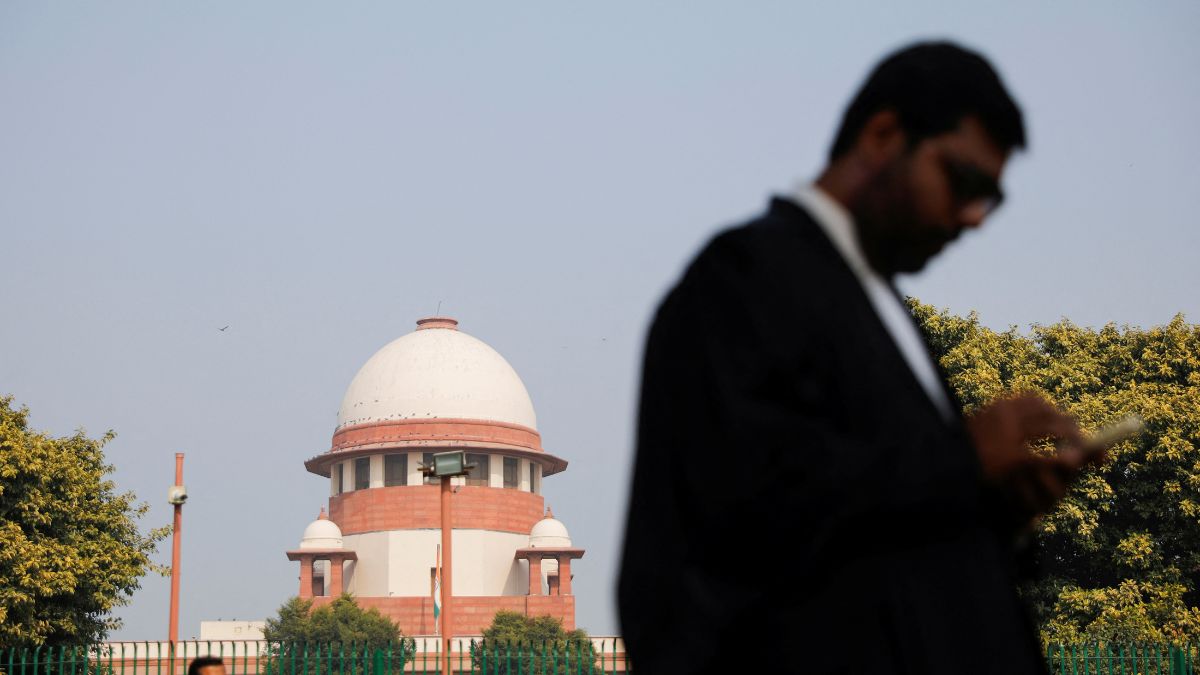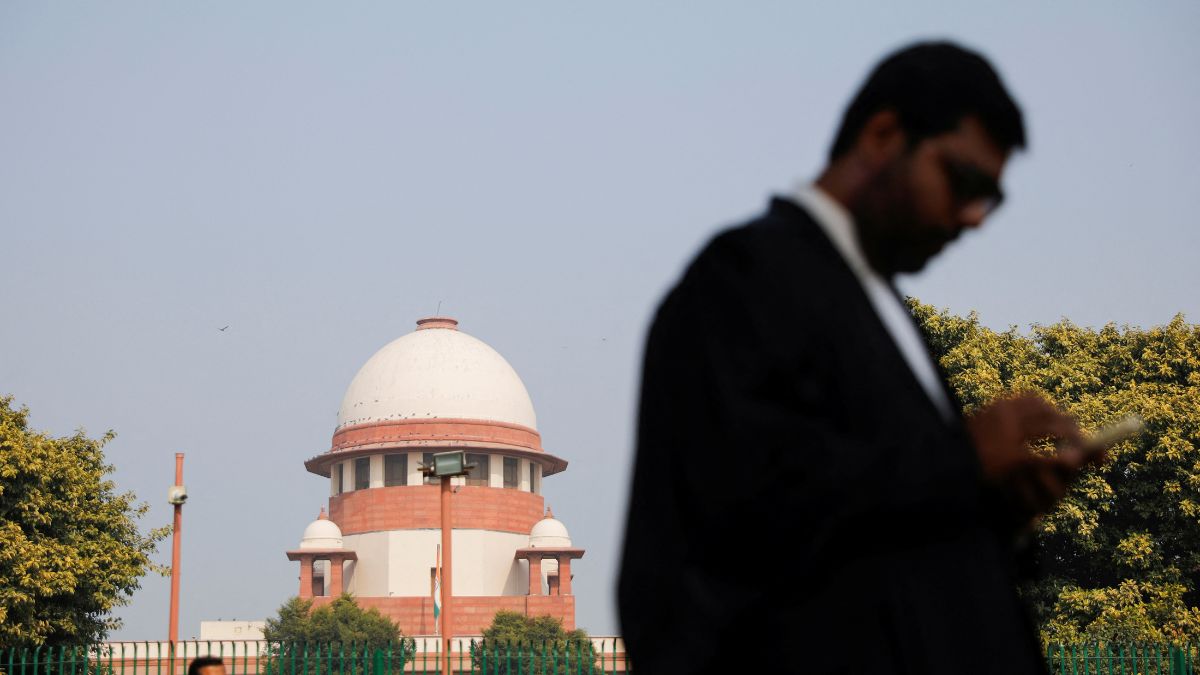The clash between Pakistan and Afghanistan may be temporarily suspended, but one of the reasons for it continues to loom large.
Noor Wali Mehsud, the chief of the leader of the Tehreek-e-Taliban Pakistan (TTP), was targeted in an airstrike in Kabul last week. It remains unknown if Mehsud, who was travelling in a convoy, survived the attack – the first in Kabul since 2022.
Mehsud has since appeared in a purported video, which has not been verified by Firstpost, accusing Islamabad of running a “deliberate disinformation campaign".
But who is Mehsud, the Taliban commander fuelling Afghanistan’s fight with Pakistan? What do we know about him?
Let’s take a closer look.
Who is Mehsud?
Mehsud has been the TTP’s emir (chief) since 2018. He was born on 26 June 1978 in South Waziristan’s Khyber Pakhtunkhwa. Part of the Mehsud tribe, he attended several madrassas while growing up.
Mehsud took part in the campaigns conducted by the Afghan Taliban during the 1990s. He is said to have returned to Pakistan after the US invaded Afghanistan in 2001. His rise through the TTP was fuelled by his rank as a qazi (jurist). He held several roles within the group such as heading up their Karachi operations and the media wing.
Mehsud took over as TTP chief after Mullah Fazlullah was killed by a US drone strike in June 2018. By the time he took over, the TTP had shifted to Afghanistan due to operations by the Pakistani Army.
Analysts credit him with having knitted the group together into a much stronger and cohesive unit. They say he has managed to bring together rival groups and put together a cohesive overall strategy.
Pakistan has said that since the Taliban came to power in 2021, the TTP has been able to move around freely and had greater access to weapons. It has said attacks inside Pakistan escalated – especially in the northwest bordering Afghanistan.
Indeed, the TTP has claimed responsibility for several deadly terrorist attacks across Pakistan, including an attack targeting Pakistani security forces in North Waziristan in July 2019 and a bomb attack against Pakistani soldiers in Khyber Pakhtunkhwa in August 2019.
The TTP is believed to have conducted over 1,000 attacks on Pakistan over the past decade. ACLED, a US conflict monitoring group, has said that the TTP is one of the most serious internal threats Pakistan is facing.
The TTP previously hit civilian targets, like mosques and markets. In 2014, the outfit killed over 130 children in an attack on a school. Mehsud, concerned these attacks caused public revulsion in Pakistan, directed the group to target only military and police.
In a rare video speech released earlier this year, he portrayed Pakistan’s army as anti-Islam, criticised its role in politics, and said the generals had “hijacked the people of Pakistan for the last 78 years”.
Pakistan’s military says that the TTP has perverted Islam and that it is supported by the country’s adversary India, a charge that New Delhi denies.
‘Speaks for rights of Pashtun’
Mehsud was designated as a ‘Specially Designated Global Terrorist’ by the US Department of State in 2022. The United Nations has also placed him on the ISIL / Al‑Qaida sanctions list.
Mehsud, in his speeches, combines religious justification with nationalism. He has written at least three books, including a 700-page treatise that traces the origins of the group’s insurrection to the struggle against British colonial rule.
In his 2017 book Inqilab-e-Mehsud, the Taliban commander claimed that the TTP was responsible for Benazir Bhutto’s assassination in 2007.
Abdul Sayed, an independent expert on the region’s militancy, said Mehsud claims to speak for the Pashtun ethnic group that lives in northwest Pakistan and also in Afghanistan – the Afghan Taliban is largely Pashtun.
“Mehsud continues his efforts to reshape the group into an armed movement fighting, as he claims, for the rights of Pashtun tribespeople,” said Sayed. “In pursuit of a government system similar to that of the Afghan Taliban.”
Yet, the TTP has negligible public support in the northwest or elsewhere in the country, analysts say.
In unofficial talks with the Pakistani authorities in recent days, held through tribal intermediaries, the militants demanded the imposition of their brand of Islamic law in the part of Pakistan bordering Afghanistan, the exit of the army from that region, and their return there. The authorities refused.
The TTP, claiming that Mehsud survived the attack, released an audio recording of what is purportedly his voice. However, this has not been independently verified by Firstpost. Pakistan had not claimed the attack, which the Taliban government described as an “airspace violation”.
Experts say it will be a serious blow to the TTP if Mehsud has been killed. This is because of his connection to the tribes in South Waziristan, his status as a clerical authority as a justification for violence, and his ability to knit together duelling factions.
With inputs from agencies


)

)
)
)
)
)
)
)
)



